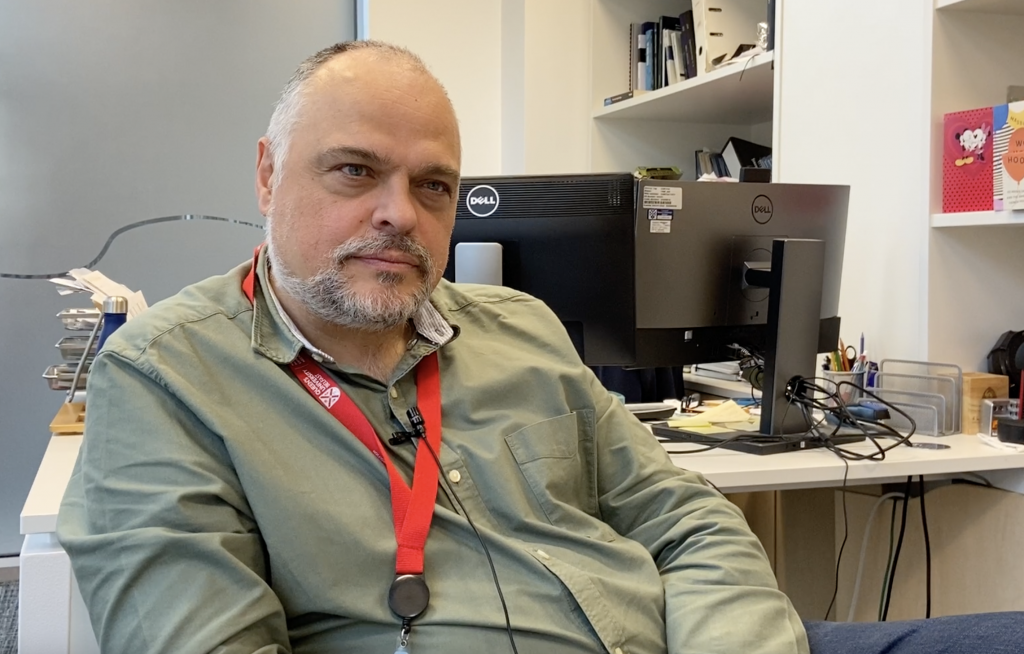Newsletter Signup - Under Article / In Page
"*" indicates required fields
One of the biggest global challenges facing healthcare systems is bacteria and viruses becoming resistant to drugs.
Antimicrobial resistance (AMR) contributes to the deaths of around 700,000 people annually. Without new drugs or ways of dealing with AMR, the number of deaths could reach as many as 10 million per year by 2050 and cause a 3.8% reduction in annual gross domestic product (GDP), as identified in a 2017 report, ‘Drug-Resistant Infections: A Threat to Our Economic Future’.
Jose Bengoechea is a professor at Queen’s University in Belfast, Northern Ireland. He is also the centre director of the School of Medicine, Dentistry, and Biomedical Sciences at the Wellcome Wolfson Institute for Experimental Medicine.
The university is very active in life sciences, and Bengoechea is studying AMR, including the increased resistance of Klebsiella pneumoniae to drugs.
Klebsiella is a bacterium that can cause different types of healthcare-associated infections, including pneumonia, bloodstream infections, wound or surgical site infections, and meningitis. Increasingly, Klebsiella bacteria are typically found in the human intestines, but they do not cause disease.
In healthcare settings, Klebsiella infections commonly occur in sick patients receiving treatment for other conditions.
Labiotech met with Bengoechea at Queen’s University to talk about his work and about tackling AMR.
Partnering 2030: The Biotech Perspective 2023







